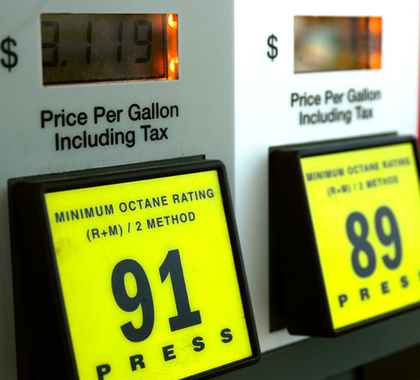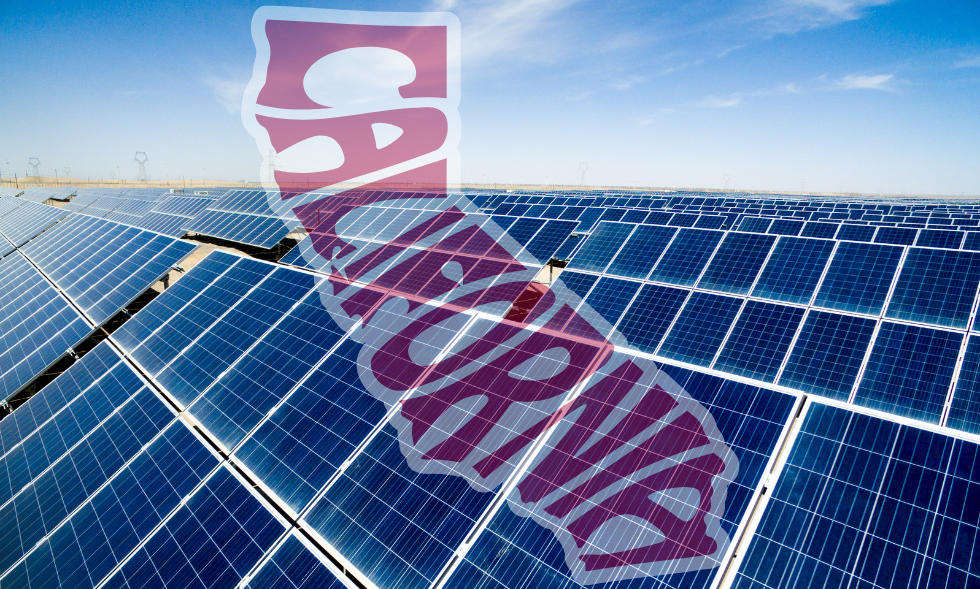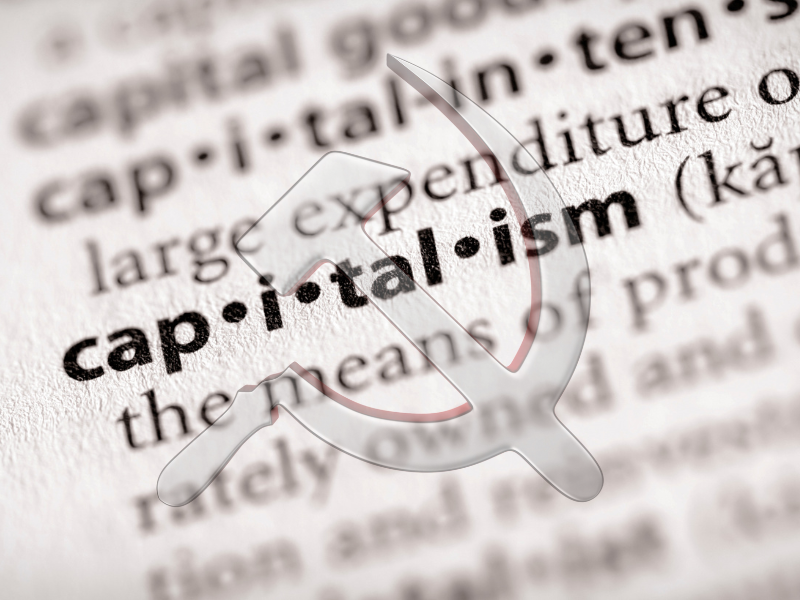A new analysis from The Heartland Institute has found that the energy and climate policies of the Biden-Harris administration have caused energy prices to surge, costing the average American family an extra $2,548 since 2021.
“This is the cost calculated by averaging price increases from January 2021 through December 2023,” the analysis notes, “which means the actual added cost of energy is likely even higher.”
Using data from the U.S. Energy Information Administration, the analysis points out that natural gas prices have increased 32 percent and oil prices have increased 52 percent, respectively, since December 2020, the last full month before President Joe Biden and Vice President Kamala Harris took office. This has led to a 23 percent increase in residential electricity prices, which has cost the average American household an extra $318 per year. Industrial electricity prices are also up by 19 percent.
Home heating oil prices have also increased by 69 percent, leading to an estimated $3,068 in extra costs since 2021 for households dependent on it. Homes that utilize natural gas have spent an extra $586 over the same time period.
Gasoline prices have also increased by 42 percent, or $0.97 per gallon, since January 2021, causing the average American driver an extra $548 annually at the pump.
The analysis notes that these increased prices are “not accidental,” but the direct result and consequence of the Biden-Harris administration’s policies. For example, in just 2023, the administration “slow-walked oil and gas leasing plans, missing legal deadlines by months,” “banned oil and gas production on millions of acres of federal land and on the U.S. outer-continental shelf,” “finalized new, stricter regulations for coal and natural gas-fired power plants,” and “used the Securities and Exchange Commission to implement costly and burdensome climate disclosure rules.”
“Even more puzzling,” the analysis continues, “in the first month of 2024, the Biden administration ordered a halt on all new liquefied natural gas (LNG) exports, which harms domestic producers and our allies abroad.”
Beyond that, the administration announced in July it is also looking at possibly placing further restrictions on oil development in Alaska’s National Petroleum Reserve (NPR-A), the nation’s largest area of public land.
“Despite the fact that his climate agenda is directly responsible for the steep rise in energy prices,” the analysis concludes, “the Biden administration does not seem to be bothered whatsoever by the blunt reality that higher energy prices are making life much more difficult for the overwhelming majority of Americans.”
The following documents provide more information about energy sources.
Biden’s Energy Policies Directly Cost U.S. Households More Than $2,548 Since 2021
https://heartland.org/publications/analysis-bidens-energy-policies-directly-cost-u-s-households-more-than-2548-since-2021/
This analysis from The Heartland Institute finds the energy and climate policies of the administration of President Joe Biden has caused energy prices to surge and cost the average American family an extra $2,548 since he took office in 2021.
The 100 Percent Renewable Energy Myth
https://www.instituteforenergyresearch.org/wp-content/uploads/2019/02/Renewable-Myth-Policy-Brief219.pdf
This Policy Brief from the Institute for Energy Research argues that a countrywide 100 percent renewable plan would put the U.S. economy in jeopardy. The brief investigates the intermittency, land requirements, capacity factors, and cost of transition and construction materials that limit the ability of the U.S. to adapt to 100 percent renewable energy.
Climate Change Reconsidered II: Fossil Fuels – Summary for Policymakers
https://heartland.org/publications-resources/publications/climate-change-reconsidered-ii-fossil-fuels—summary-for-policymakers
In this fifth volume of the Climate Change Reconsidered series, 117 scientists, economists, and other experts assess the costs and benefits of the use of fossil fuels by reviewing scientific and economic literature on organic chemistry, climate science, public health, economic history, human security, and theoretical studies based on integrated assessment models (IAMs) and cost-benefit analysis (CBA).
Nothing in this Research & Commentary is intended to influence the passage of legislation, and it does not necessarily represent the views of The Heartland Institute. For further information on this subject, visit Environment & Climate News, The Heartland Institute’s website, and PolicyBot, Heartland’s free online research database.
The Heartland Institute can send an expert to your state to testify or brief your caucus; host an event in your state; or send you further information on a topic. Please don’t hesitate to contact us if we can be of assistance! If you have any questions or comments, contact Heartland’s Government Relations department, at [email protected] or 312/377-4000.




